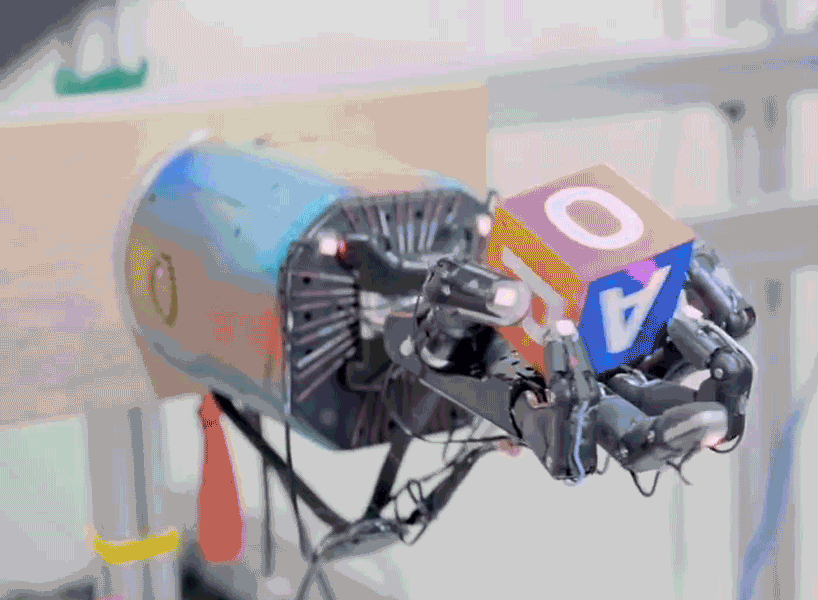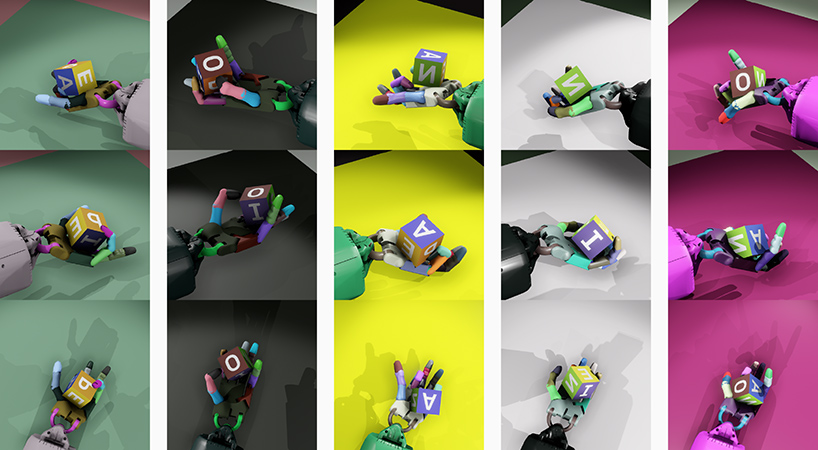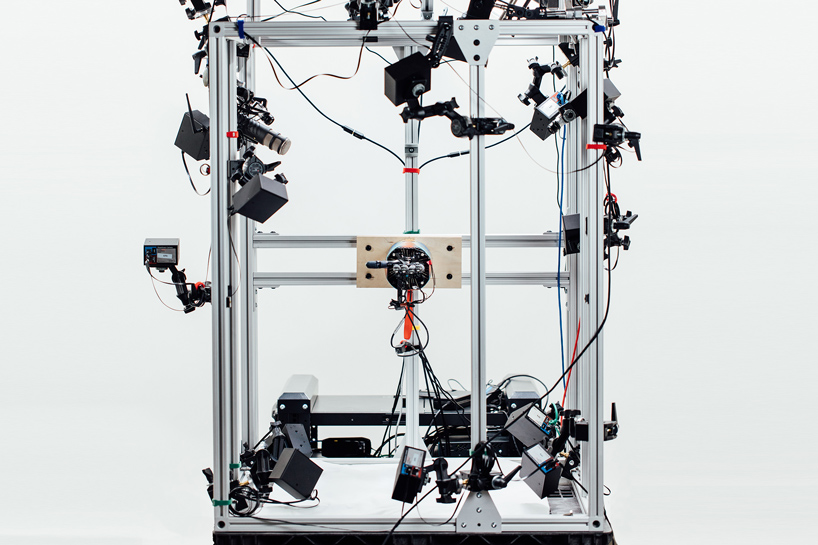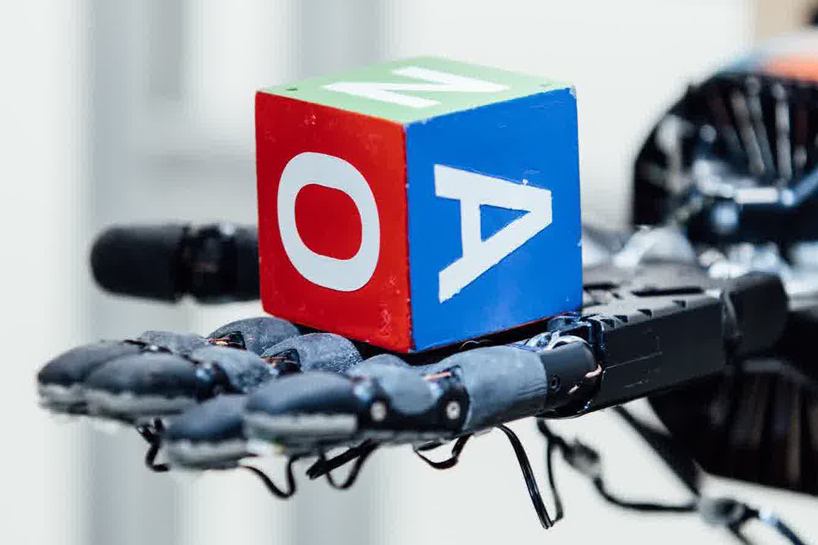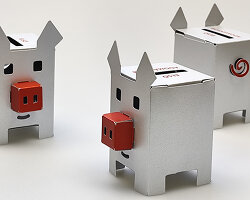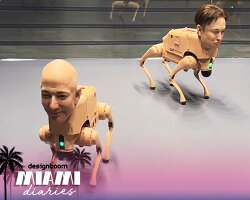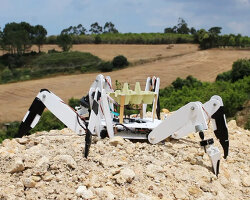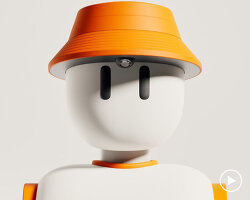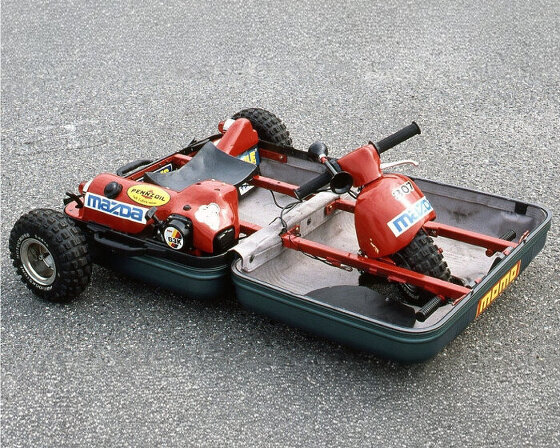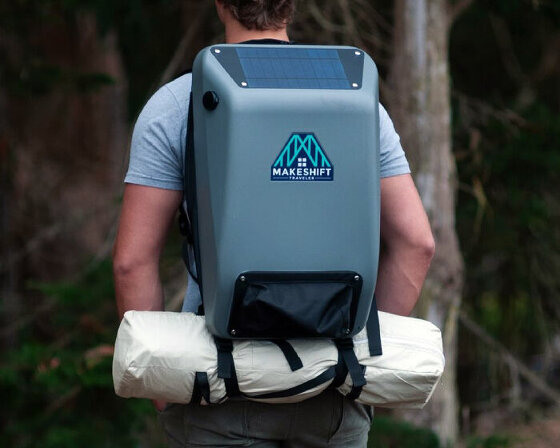KEEP UP WITH OUR DAILY AND WEEKLY NEWSLETTERS
happening now! swiss mobility specialist schindler introduces its 2025 innovation, the schindler X8 elevator, bringing the company’s revolutionary design directly to cities like milan and basel.
ori eliminates ribs, fabric, and typical failure points, creating an entirely new category of personal weather device.
connections: 35
the concept trike was inspired by a vision of getting around airports more efficiently.
connections: +420
SOLARIS features retractable photovoltaic wings that form the core of the motorcycle's solar-harvesting system.
the backpack helps users looking for housing to sustainably navigate their situation until they obtain permanent shelter.
